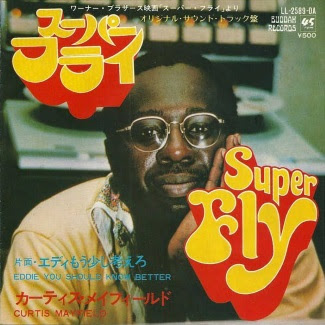Super Fly
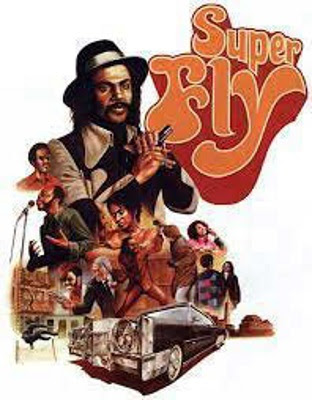
Director: Gordon Parks Jr
Year: 1972
Rating: 6.0
About
five minutes into the film, it began to dawn on me that I had never seen
this before. That is kind of surprising because it along with Shaft, Coffy
and Black Caesar are considered some of the touchstones of the Blaxploitation
films. But it had managed to slip by me. Like the heroes in those films as
well as most in this genre, the protagonist has a coolness that he carries
with him like a roll of hundred-dollar bills with no effort. With his Fu
Manchu moustache and long sideburns, the fashionable trench coat and fedora,
the small silver case with a sniff of cocaine always at the ready, he is
the epitome of Harlem cool. Super Fly doesn't refer to him though it could,
but instead to his product, cocaine. Looking back, it is interesting that
the hero of the film is a drug dealer which was clearly a plague in black
communities at the time but audiences just liked the fact that he was an
entrepreneur in a world where black men had few choices and that in the end,
he outplays the Man.
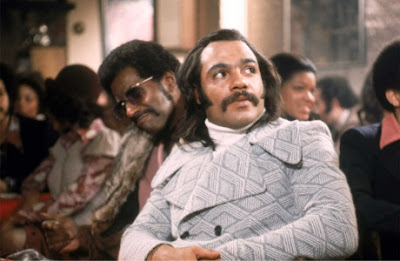
The film was made for $50,000 and over the
years has earned $30 million. It was a true independent film with producer
Sig Shore running around getting money from friends, small businessmen and
the director Gordon Parks Jr. Park's father had directed Shaft. They shot
it primarily on the run as they got no licenses for the outside scenes -
which gives the film a feel of authenticity. But also limits what they can
do in terms of ambition. There is practically no action or violence in the
film. It is closer to a day in the life of a drug dealer. As his partner
tells him at one point "You're gonna give all this up? 8-Track Stereo, color
T.V. in every room, and can snort a half a piece of dope everyday? That's
the American Dream". The script is from Phillip Fenty who has a real ear
for dialogue and though a few scenes are sluggish the dialogue feels right
as does the chattering of other people around but not in the main conversation.
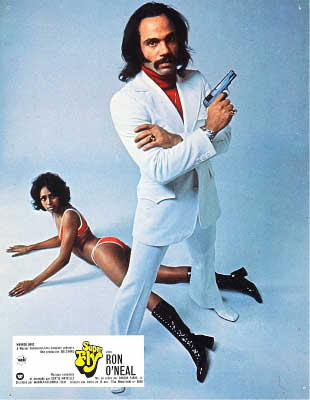
Priest (O'Neal) feels it is time to get
out of the business. It is a profession that has a built-in expiration date.
As he tells his partner Eddie (Carl May) "I want to get out before I have
to kill someone, or someone kills me". But he needs one more score so that
he and his girlfriend (Sheila Frazier) will be able to enjoy retirement.
A big one. 30 kilos of cocaine. He goes to his old friend and mentor Scatter
(Julius Harris - Live and Let Die) to get the goods but one of his men -
Fat Freddie - gets brutalized by the cops into giving it up. Freddie is Dead.
The cops though are more crooked then the pushers and want to muscle in on
the deal. The main cop was played by producer Sig Shore.
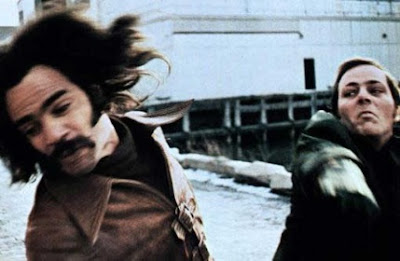
The plot is fairly generic and really has
very little excitement but what made the film so popular are a couple of
factors - O'Neal and his style, the sense of authenticity and the soundtrack.
It is probably Curtis Mayfields best work with Pusherman, Freddie is Dead,
Superfly and Little Child Running Wild. The album was a huge hit (number
72 on Rolling Stone's 500 Best albums). Mayfield performs one song on the
stage. His silky high voice is a wonder. There was a sequel that by all telling
isn't all that good titled Super Fly T.N.T. and there was a another Superfly
shot in 1990 called The Return of Superfly (not starring O'Neal but produced
by Sig Shore) and in 2018 there was a remake.





